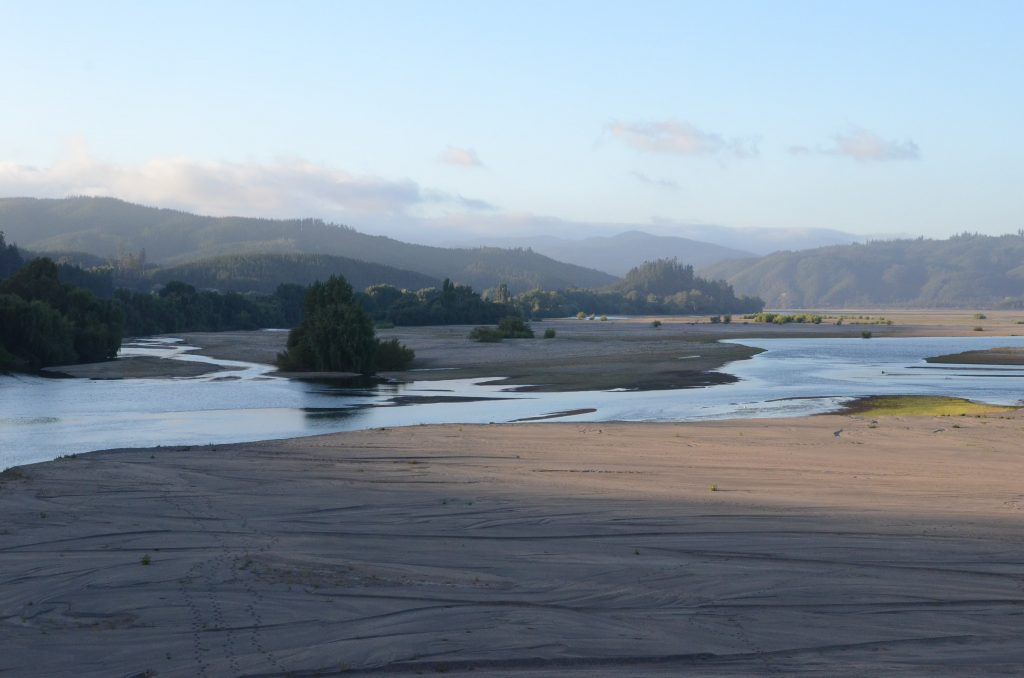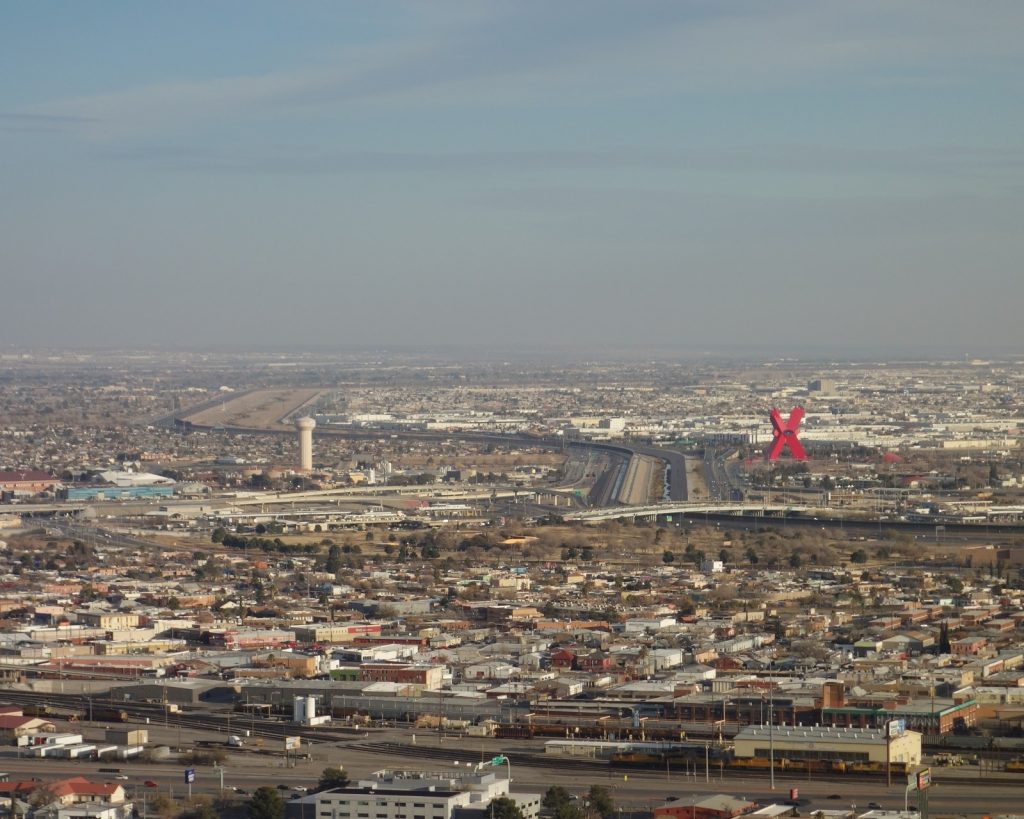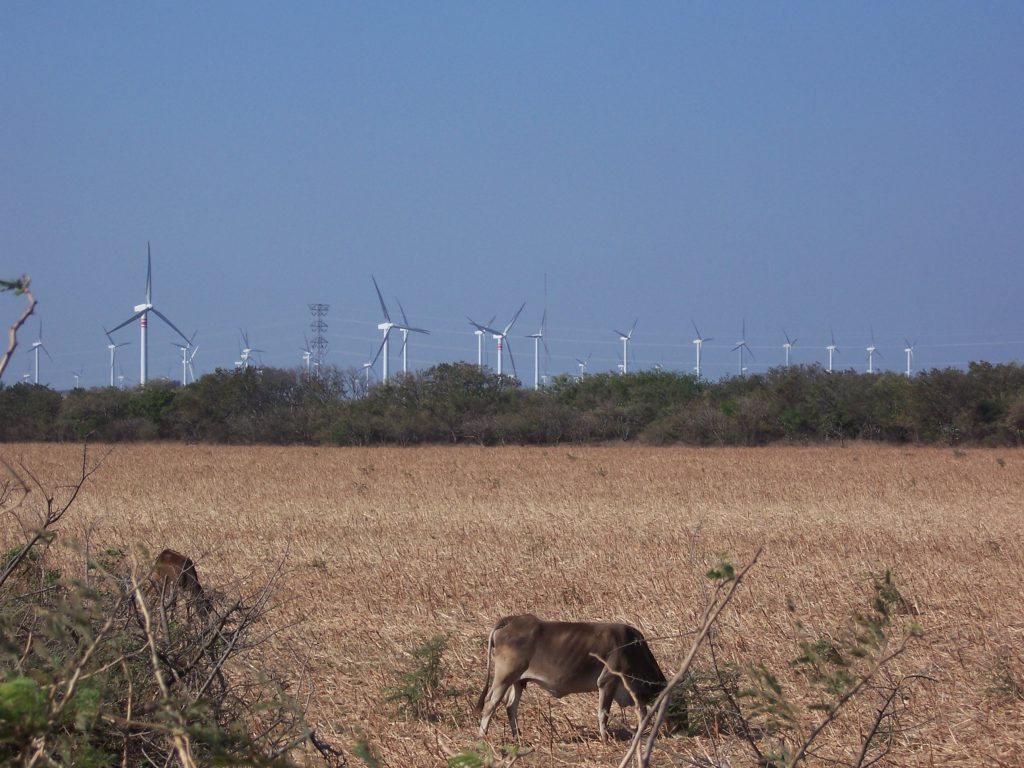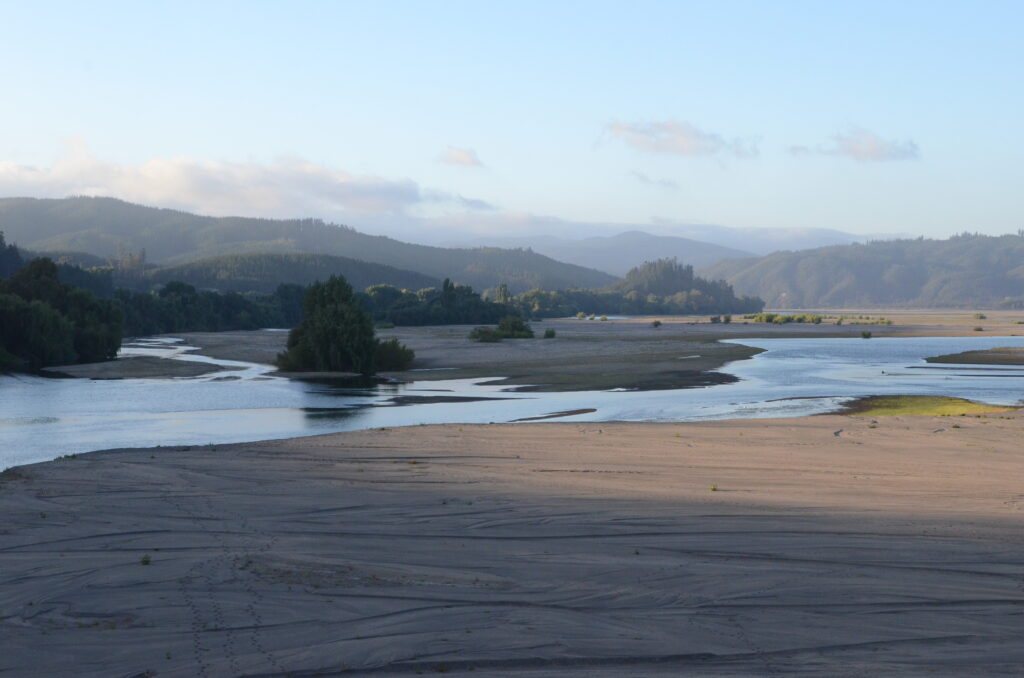For years, opinions and reports on Latin America have varied greatly between stagnation, political risks and hope, for example with regard to the supply of energy sources, food and raw materials. “Who still cares about Latin America?” asked Paul Ingendaay on April 24, 2024 in the Frankfurter Allgemeine. The answer from Heidelberg University and now also from the HGG is: “Us!”. “Latin American research” has been firmly anchored in Heidelberg for more than 20 years. Examples include the Heidelberg Center for Ibero-American Studies (HCIAS) and the Heidelberg Center Latin America (HCLA) in Santiago de Chile, which was founded in 2002 and is the only postgraduate center of a German university in Latin America to date. Various (inter-) disciplinary groups are also working on the region at the Heidelberg Center for the Environment (HCE) and the Institute of Geography. The HGG lecturers in the winter semester 2024/2025 document this in an impressive way. With Johannes Glückler, who recently moved from Heidelberg to Munich, Yaatsil Guevara González and Rosa Lehmann (both HCIAS and Institute of Geography), we invited three speakers from Heidelberg to give talks on networks and resource conflicts in Chile, migration, development and infrastructure in Mexico and socio-ecological conflicts surrounding renewable energies. There will also be a presentation by Felix Dorn (Vienna) on lithium mining and our student contribution on an excursion to Mexico. On behalf of the HGG Board, I would like to cordially invite you to all events and, of course, to the Christmas drinks reception. Prof. Dr. Olaf Bubenzer.
Tuesday, November 12, 2024, 7:15 p.m.
Prof. Dr. Johannes Glückler (Ludwig Maximilian University of Munich)
Netzwerken, aber wie? Studien zur Governance von Wasser und Fischerei in Chile (Networking, but how? Studies on the governance of water and fishery in Chile)
Although networks are recognized as an essential form of coordination, there is still a lack of practical knowledge about how networks should actually be built and governed to achieve collective goals. In this presentation, Johannes Glückler explains the concept of lateral governance of networks to solve collective coordination problems. He develops an operational method for evaluating network quality and discusses it using the example of selected resource conflicts in Chile: the development of drinking water, the distribution of industrial water and small-scale fishing. The case studies show how the analysis of social networks can contribute to the design and evaluation of effective forms of network governance.

© J. Glückler
Tuesday, November 26, 2024, 7:15 p.m.
Junior Professor Dr. Yaatsil Guevara González (University of Heidelberg)
Migration, Entwicklung und Infrastruktur: Das mexikanische Megaprojekt „Tren Maya“ (Migration, development and infrastructure: the Mexican “Tren Maya” megaproject)
In the Latin American context, discussions about the impacts of infrastructure megaprojects are often centered around issues such as ecological impacts, territoriality, agrarian rights and tourism. However, other consequences resulting from the implementation of these megaprojects have remained unnoticed in the public/academic debate. The lecture will discuss the impact of the tourism megaproject ‘Tren Maya’, recently inaugurated in the Mexican peninsula, on the migration routes used by irregular migrants in the Mexican Southeast. The concepts of infrastructure, migration and (im)mobility are analyzed in relational terms and Yaatsil Guevara González argues that infrastructure and development projects entail a much more complex social life than their materiality reflects. This argument is based on ethnographic fieldwork conducted between 2014 and 2021 in Tenosique, Tabasco, Mexico.
Tuesday, December 10, 2024, 7:15 p.m.
Henrike Drößler, Simon Janus, Finn Maaß (University of Heidelberg)
Große Exkursion nach Mexiko 2024: Migration, Urbane Entwicklung und Infrastruktur (Major excursion to Mexico 2024: Migration, urban development and infrastructure)
During the Grand Excursion in February 2024, the excursion group led by Prof. Dr. Ulrike Gerhard and Hamid Abud Russell traveled through the largest Spanish-speaking country in the world. Against the backdrop of the topics of migration, urban development and infrastructure, the excursion first led to the Rio Grande in the twin cities of El Paso and Ciudad Juarez on the border between Mexico and the USA. The region is heavily influenced by migration and attempts to control and restrict it. The next stop was Mexico’s capital, where the urban development trends in the metropolis of 21 million inhabitants were examined and discussed on site. The penultimate stop was the “White City” of Merida, where the focus was on the history and impact of the plantation economy on the Yucatan Peninsula. The group spent the last few days in the tourism stronghold of Cancun, where one of the most important vacation destinations in the world has been created over the last 50 years.
The lecture will be held in hybrid form; online access will be sent to HGG members by email. Following the lecture, the HGG invites its members to a Christmas drink.

© S. Janus
Tuesday, January 14, 2025, 7:15 p.m.
Dr. Felix Dorn (University of Vienna)
Jenseits von Nord und Süd? Die Lithium-Frontier und sozial-ökologische Konflikte in Argentinien und Portugal (Beyond North and South? The lithium frontier and socio-ecological conflicts in Argentina and Portugal)
Lithium is considered a key raw material for reducing anthropogenic CO2 emissions. The increasing global demand for lithium and its extraction in peripheral regions of the Global South is leading to far-reaching socio-spatial and socio-political changes in many places. In line with dependency theory, social scientists refer to the reproduction of North-South relations in this context, which is now continuing in the form of green sacrifice zones, green extractivism and green colonialism. At the same time, however, numerous new dynamics can also be observed: While there has been a regular lithium boom in Argentina in recent years in interaction with neoliberal mining legislation, several mining projects have recently been driven forward in the EU. National governments and mining companies associate lithium with hopes of investment, export revenues, industrialization and economic growth. In the mining areas, the prevailing constructions of the territory are at odds with local lifeworlds and visions of the future.
Tuesday, January 21, 2025, 7:15 p.m.
Junior Professor Dr. Rosa Lehmann (University of Heidelberg)
Sozialökologische Konflikte um erneuerbare Energien (Socio-ecological conflicts over renewable energies)
The expansion of renewable energies is key to achieving climate targets, but specific infrastructures are controversial. The criticism relates primarily to political decision-making processes, the distribution of costs and benefits, as well as the recognition of knowledge and land use practices. The lecture provides an insight into the diverse lines of conflict surrounding renewable energy projects in Latin America and places a special focus on the role of land in these disputes. Theoretically, it ties in with geographical and political-ecological research on resource and land conflicts as well as debates on energy justice and just transition.

© R. Lehmann
All lectures take place at the following location: Kleiner Hörsaal (HS 2) at the Kirchhoff -Institute for Physics (KIP), Im Neuenheimer Feld, Building INF 227 (opposite the university canteen).
This lecture series will be held in German.
Entrance fees:
Free for HGG members and school classes accompanied by their teachers
3,50 € (students and pupils 2,- €)
School classes accompanied by their teachers free
Further information: https://hgg.urz.uni-heidelberg.de

